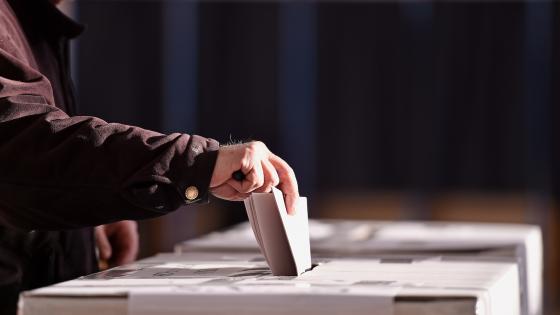DP6931 Fiscal Conservatism in a New Democracy: 'Sophisticated' versus 'Naïve' Voters
Several authors claim that voters in new democracies reward deficits at the polls and this fact is due to a lack of 'voter sophistication'. We test this claim for gubernatorial elections in Brazil, an important case study since it is the fourth most populous democracy in the world, displays a high variance in economic and social characteristics across states, and effectively imposes mandatory voting. Our evidence shows that voters are fiscally conservative, that is, they reward lower deficits, which is in contradiction to the literature. We do find that, when we use state income per capita, education and income inequality as proxies for 'voter sophistication', 'naïve' voters do not reward low deficits as opposed to 'sophisticated' voters, and education is the key element for this distinction. We propose that education rather than the youth of the democracy, is the key element for assessing voter 'sophistication'.

